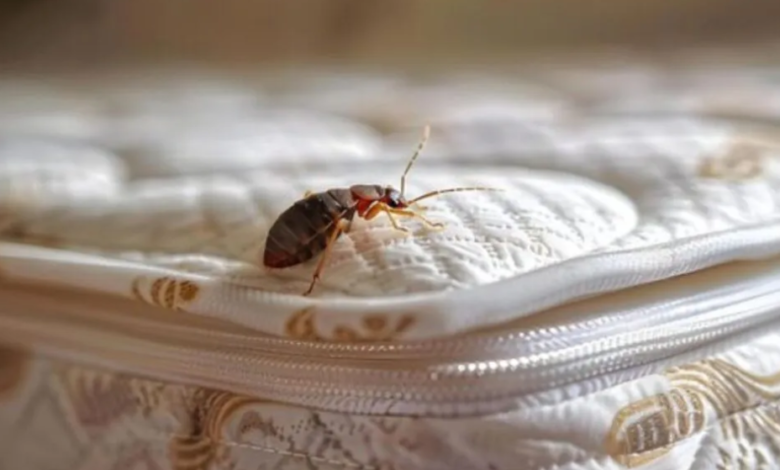How Long Can Bedbugs Live Without Feeding?

Bedbugs are notorious pests that can infest homes, hotels, and other living spaces, causing discomfort and distress. One of the most common questions people have about these insects is: How long can bedbugs live without feeding? Understanding their survival without a blood meal is crucial for effective bedbug control ( væggelus bekæmpelse ) and prevention.
In this article, we will explore the lifespan of bedbugs without feeding, factors that influence their survival, and what this means for eradication efforts.
The Lifespan of Bedbugs Without a Blood Meal
Bedbugs (Cimex lectularius) rely on blood for nutrition and reproduction. However, they can survive surprisingly long periods without feeding, depending on their life stage and environmental conditions.
Adult Bedbugs
Adult bedbugs are the most resilient. Studies show that they can live 2 to 6 months without a blood meal under optimal conditions. In some cases, with cooler temperatures, they may survive up to a year without feeding.
Nymphs (Young Bedbugs)
Nymphs, or immature bedbugs, require blood to molt and grow into adults. Without feeding, they typically die sooner than adults—usually within a few weeks to a couple of months, depending on their developmental stage. For more read https://vaeggelus-fri.dk/
Eggs
Bedbug eggs do not require feeding and hatch in about 6 to 10 days. Once hatched, the nymphs must find a blood meal to survive.
See also: The Caller You Can’t Block: 18003185780
Factors That Affect Bedbug Survival Without Feeding
Several factors influence how long bedbugs can live without a blood meal:
1. Temperature and Humidity
- Cooler temperatures (below 50°F/10°C) slow down their metabolism, allowing them to survive longer without feeding.
- Warmer temperatures (above 80°F/27°C) increase their metabolism, causing them to starve faster.
- Low humidity can dehydrate bedbugs, reducing their survival time.
2. Life Stage
As mentioned earlier, adults survive much longer than nymphs without feeding.
3. Previous Feeding History
Well-fed bedbugs have more energy reserves, enabling them to last longer between meals.
4. Hiding Conditions
If bedbugs remain undisturbed in hidden areas (like cracks in walls or furniture), they conserve energy and survive longer.
Why Understanding Bedbug Starvation Matters for Pest Control
Knowing how long bedbugs can live without feeding helps in planning effective extermination strategies. Here’s why:
1. Vacating a Home Won’t Always Kill Them
Some people believe that leaving a house empty for a few weeks will starve bedbugs. However, since adults can survive several months without food, simply vacating a home is not a reliable solution.
2. Heat and Cold Treatments Work Better
Since extreme temperatures affect bedbug survival, heat treatments (120°F/49°C) and cold treatments (below 0°F/-18°C) are more effective in killing them quickly.
3. Long-Term Prevention is Necessary
Because bedbugs can hide for months, consistent monitoring and professional pest control are often needed to fully eliminate an infestation.
How to Prevent and Eliminate Bedbugs
To effectively get rid of bedbugs, consider the following steps:
1. Regular Inspection
Check mattresses, furniture, and baseboards for signs of bedbugs (tiny dark spots, shed skins, or live bugs).
2. Use Protective Covers
Encase mattresses and pillows in bedbug-proof covers to trap and starve any hidden bugs.
3. Vacuum and Clean Frequently
Regularly vacuuming carpets, furniture, and crevices can help remove bedbugs and eggs.
4. Professional Extermination
Pesticides, heat treatments, and steam cleaning by professionals are the most effective ways to eliminate bedbugs.
5. Avoid Second-Hand Furniture
Used furniture may harbor bedbugs—always inspect carefully before bringing it into your home.
Conclusion
Bedbugs are resilient pests that can survive several months without feeding, especially in cooler conditions. While adult bedbugs may last up to a year without a blood meal, nymphs die much sooner. Understanding their survival abilities helps in implementing better pest control strategies.

